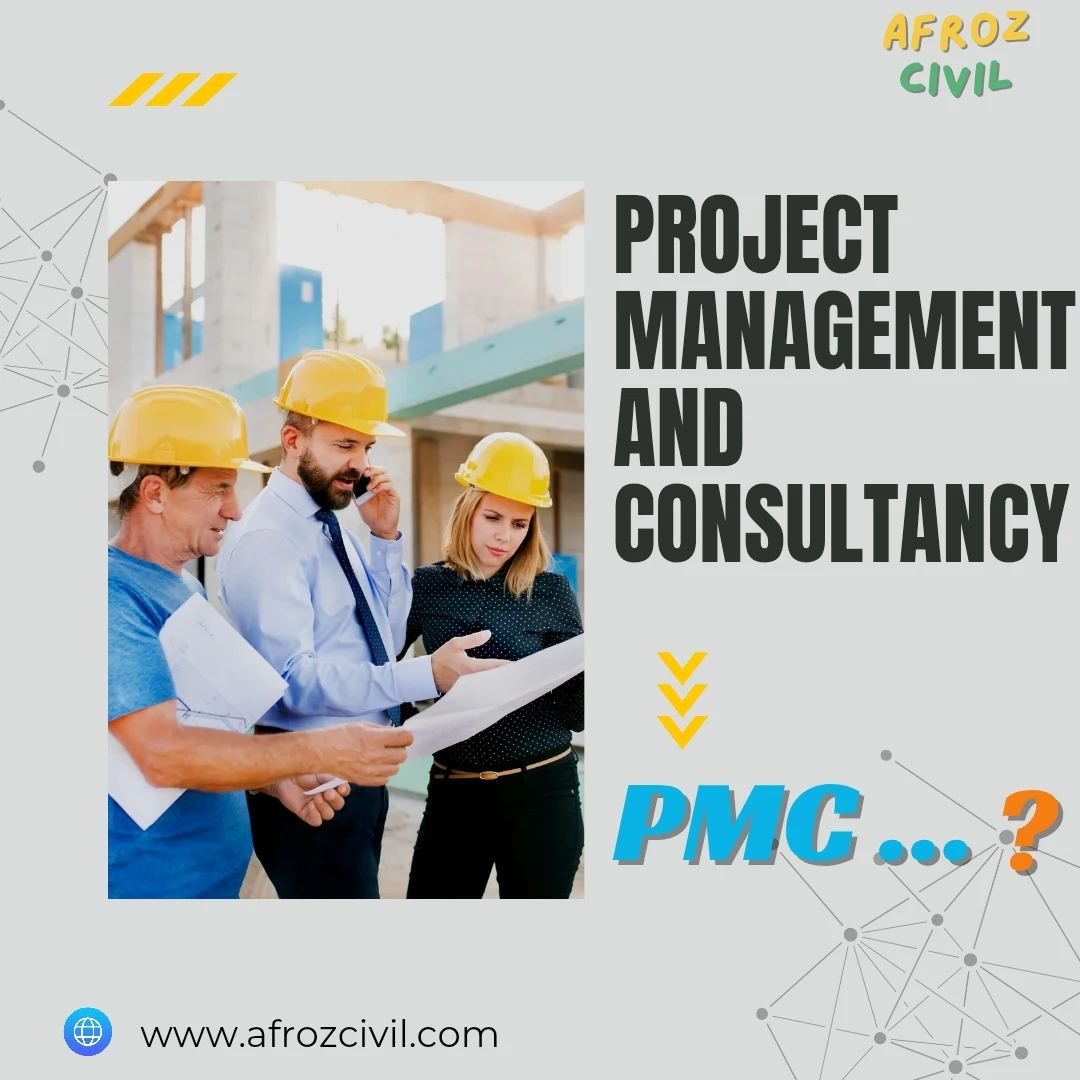Comprehensive Guide to Managing Construction Projects
Definition of Project Management and Consultancy
Project Management: The structured application of planning, scheduling, and resource allocation to achieve project objectives within time, budget, and quality constraints.
Construction Consultancy: Expert services for project design, planning, execution, and completion, offering financial, technical, and regulatory insights to optimize project success.
Managing Construction Projects
Managing construction projects involves structured methods, effective communication, and adaptability to challenges. Below is a detailed breakdown:
1. Project Initiation
a. Define Project Scope
- Client Consultation: Discuss project goals, design preferences, and budget. Address standards like sustainability goals.
- Establish Deliverables: Define outcomes for each phase (e.g., foundation, framing, finishes).
- Set Milestones: Create key checkpoints like design approvals and permit issuance.
b. Feasibility and Risk Assessment
- Site Inspection: Evaluate land conditions, soil quality, drainage, and access.
- Budget Feasibility: Compare preliminary estimates with client budgets, including a 10-20% contingency.
- Legal Considerations: Review zoning, permits, and building codes.
2. Planning Phase
a. Budgeting and Cost Estimation
- Detailed Takeoff: Break down project tasks and gather quotes from suppliers.
- Contingency Plan: Allocate funds for unexpected expenses.
b. Scheduling
- Scheduling Tools: Use software like Microsoft Project to map timelines.
- Critical Path Method: Identify critical tasks that define the project timeline.
c. Resource Allocation
- Labor & Equipment: Assign skilled teams and machinery for each phase.
- Material Orders: Pre-order key materials for timely delivery.
3. Execution Phase
a. Coordination & Communication
- Daily Standups: Align tasks and priorities during brief daily meetings.
- Stakeholder Updates: Provide weekly updates to clients and stakeholders.
b. Quality Control
- Inspection Schedules: Verify quality at critical phases.
- Third-Party Reviews: Engage experts for objective evaluations.
c. Safety Management
- Daily Briefings: Reinforce safety protocols at the start of each day.
- Emergency Plans: Have emergency kits and contacts readily available.
4. Monitoring & Controlling Phase
- Progress Tracking: Use daily logs and Gantt charts for real-time monitoring.
- Change Management: Implement formal processes for scope, design, or budget changes.
- Variance Analysis: Address deviations and reallocate resources proactively.
5. Project Closure
- Final Inspections: Address all punch list items and ensure client satisfaction.
- Documentation: Provide as-built drawings, warranties, and final reports.
- Post-Project Review: Conduct debriefs to improve future projects.
Key Tools & Terms in Construction Projects
DPR (Daily Progress Report): Tracks daily tasks, materials, and labor.
WPR (Weekly Progress Report): Summarizes weekly milestones, risks, and budget updates.
MPR (Monthly Progress Report): High-level summary of monthly progress, issues, and costs.
Master Schedule: Overall timeline encompassing all project phases.
Delay Log: Tracks reasons and resolutions for delays.
Cash Flow Management: Ensures balanced and timely financial transactions.
Quality Checks: Maintains compliance with project specifications and safety standards.
Project Tracker: A tool for monitoring progress, schedules, and risks.

Comments